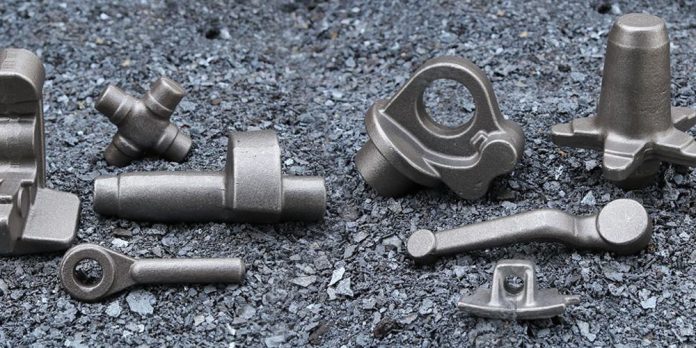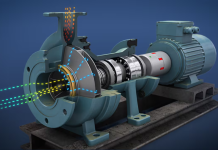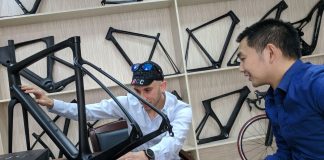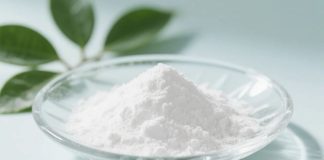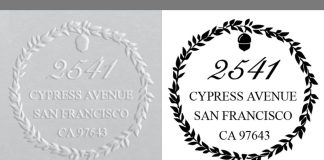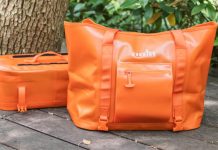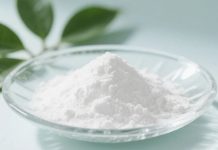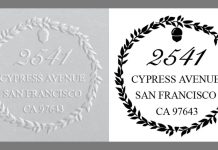To produce strong and long-lasting metal items, forging is a tried-and-true manufacturing process. Forging, in comparison to other production techniques, boosts compressive forces to the metal. This produces a consistent and refined microstructure, which improves the product’s strength, toughness, and resistance to wear and tear.
As technology continues to advance and demand for high-quality products grows, the significance of forge car parts in modern manufacturing will only continue to increase. Forging remains a popular and versatile way of manufacturing automobile new energy vehicles, due to its many benefits.
Key Features Of Forging
Forging is a manufacturing process that offers several key features that set it apart from other fabrication methods. These features include:
Reliability
The reliability of forging products is higher than that of other types of manufacture. The internal microstructures of the metal are uniformly aligned with the direction of the applied forces due to forging. Forging results in the creation of items that are more durable and fatigue resistant.
Worthwhile
Although forging may initially seem more expensive, it ends up being more affordable. Because of the accuracy of the forging process, it saves waste and removes the need for further machining expenses.
Suitable Metallurgical Properties
Although forging may initially seem more expensive, it ends up being more affordable. Because of the accuracy of the forging process, it saves waste and removes the need for further machining expenses. The metal’s properties improve the quality of the product, making it more reliable and longer-lasting.
Compatibility
The method of forging is adaptable and may be used with a variety of materials, including titanium, brass, copper, steel, and aluminum. Because of this, designing products that fulfill particular application needs is simple.
Long Lasting
Products made from forging are notable for their strength and lifespan. A product made with this procedure may survive challenging conditions like high heat and pressure. Moreover, forging increases the metal’s resilience to fatigue and fracture toughness, extending the lifespan of the final product.
Applications of Forging
Forging is still a popular technique in modern manufacturing. Despite the availability of alternative fabrication methods such as casting, stamping, and extrusion, forging continues to offer several advantages. Forging is a versatile process that has found applications in various industries, including:
Motor Vehicles
The automotive industry uses forging to create a variety of parts, including axles, rotating parts, engine components, gears, and suspension bushings. Because of their great endurance and resistance to fatigue, forged parts are well suited for use in automobile new energy vehicles as well.
Aerospace
In the aerospace sector, forging is used to create items including landing gear, engine components, and structural pieces. These parts need to be extremely strong, dependable, and durable. These specifications are met by forged car parts, which makes them the best option for aeronautical applications.
Agriculture
Agricultural equipment like tractors and harvesters use forged parts. Forged parts are the best choice for usage in harsh agricultural situations due to their strength and dependability.
Defense
With military hardware like tanks, military cars, automobiles new energy vehicles, and weapons, forged components are used. Forge car parts are excellent for use in military applications where dependability is crucial due to their great strength and endurance.
For Fittings and Valves
Forged fittings and valves are necessary for the chemical, oil and gas, and chemical industries. These industries require robust construction that can withstand high temperatures and pressures. Forged fittings and valves are the ideal alternatives for these areas because they meet these requirements.
Tools
In many different fields, including building, woodworking, and vehicle repair, forged tools are used. In heavy-duty applications, forged tools are the best option due to their strength and longevity.
Final Reflection
Superior mechanical qualities and a low lifetime cost are provided by the adaptable, dependable, and economical forging method. With its uses in a variety of industries and the rising demand for high-performance products with long lifespans, forging is likely to continue to be a preferred option for manufacturers.

